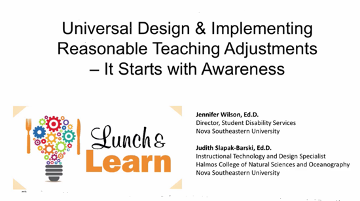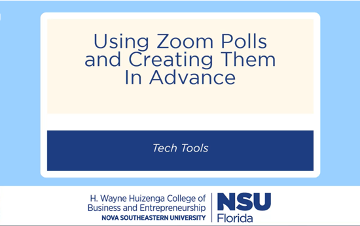This Week In The LEC: The Benefits of Using Supplemental Resources in the Online Classroom, Using Kolb’s Experiential Learning Cycle, and Sharing Video In Courses
Issue Date: 06-05-2020
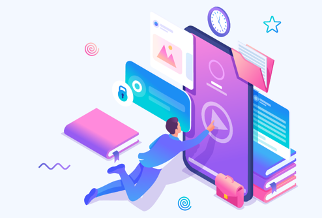
The Benefits of Using Supplemental Resources in the Online Classroom
When you plan or design an online course, it’s crucial that your assessments, objectives, and instructional materials align with each other. However, creating a coherent structure isn’t just for your own benefit. It also helps your students and other instructors comprehend why each course component is presented in conjunction with one another.
Sometimes you may inherit a previously designed course and are unsure of how much flexibility is granted in the design based on student performance, prior knowledge, and preferences. Supplemental materials can provide instructors a way to fill in perceived gaps within the prescribed instructional materials and can offer instructors additional approaches to motivate students. Complementary supplemental learning materials can also aid instructors with meeting the diverse needs of all learners. What do students desire to be aware of in addition to the given topic?
Supplemental resources are the nonrequired educational materials in an online course. When used effectively, these assets can inspire and transform learning, enhance motivation, and even supply additional assistance for online students who need it.
Selecting Supplemental Resources
As with all the pieces of an online course, you must carefully select supplemental resources that are in alignment with your instruction. First, consider the context of your course, know the students you have, the sequence of the course in the program, and other unique identifying factors for your course. Having this in mind, ask yourself these questions:
- What learning preferences do my students’ exhibit?
- How will the content in this course prepare my students for future courses?
- What are my students interested in?
Your objectives, assessments, and instructional materials are the main ingredients of your course, therefore, the materials you select for your course are important. Supplemental resources can augment these elements of your course and can also add value to the design of your course. For example, if you are aware of your students’ interests you can embed supplemental resources such as, real-world scenarios or case studies. These enriching activities encourage learning, practical application, and critical thinking skills that are uniquely tailored to your students. Additional supplemental resources that can be added to your course can be learning activities or instructional videos that support the content. These resources add value to the course because students can interact with the content as many times as they need to, providing additional opportunities for reinforcement of the learning objectives.
Using Supplemental Resources to Encourage Learning and Provide Support
Supplemental resources are an added benefit for your students. It can enhance their motivation about a given topic. In this regard, it helps students stay up to date in their field. Supplemental resources are not exclusive to encouraging exploratory or additional learning. Instructors can include supplemental resources to help those students who may need remediation to help them be successful. There are two areas of support you can provide to your students: proactive support and reactive support. In proactive support, you select the resources that you anticipate will be the greatest challenge for your students. In reactive support, you send your students supplemental resources where you notice that students are not meeting the learning objectives.
Supplemental resources are a powerful learning tool in your online course. When used effectively, they can help engage, motivate, and support students with making connections with the content of your course. Including these supplemental resources can add value to your course and provide meaningful learning opportunities to be successful in your course.

Using Kolb's Experiential Learning Cycle to Guide the Design of Online Learning
Facilitators: Marti Snyder, Ph.D., Professor, College of Computing and Engineering and ExEL, Teri Williams, Ph.D., Director of Experiential Education & Learning, and Judith Slapak-Barski, Ed.D., Halmos College of Natural Sciences and Oceanography
Date & Time:
Thursday, June 11, 2020
12:00 pm - 1:00 pm
Description:
In this session, we will describe Kolb's Experiential Learning Cycle and how we can use it to design online experiences for our students. First, we will review Kolb's Cycle and then share some activities and tools that can be used to facilitate each of the four modes including concrete experience, reflective observation, abstract conceptualization, and active experimentation. The target audience includes anyone who is facilitating experiential learning across the six ExEL pillars (i.e., mentored research, community engagement, professional growth, travel exploration, experiential coursework, and undergraduate leadership) in a blended or fully online format. Examples from various contexts will be shared.
Objectives:
- Describe Kolb's Experiential Learning Cycle and its four modes
- Identify activities and tools that can be used to facilitate learning through the cycle.
- Discuss how to apply Kolb's Cycle to a variety of online experiential learning activities.
After registering, you will receive a confirmation email containing information about joining the meeting. Hurry-Space is limited!
*This training is not a replacement for the Teaching in the BlendFlex Model training or any trainings that may be required by your college.
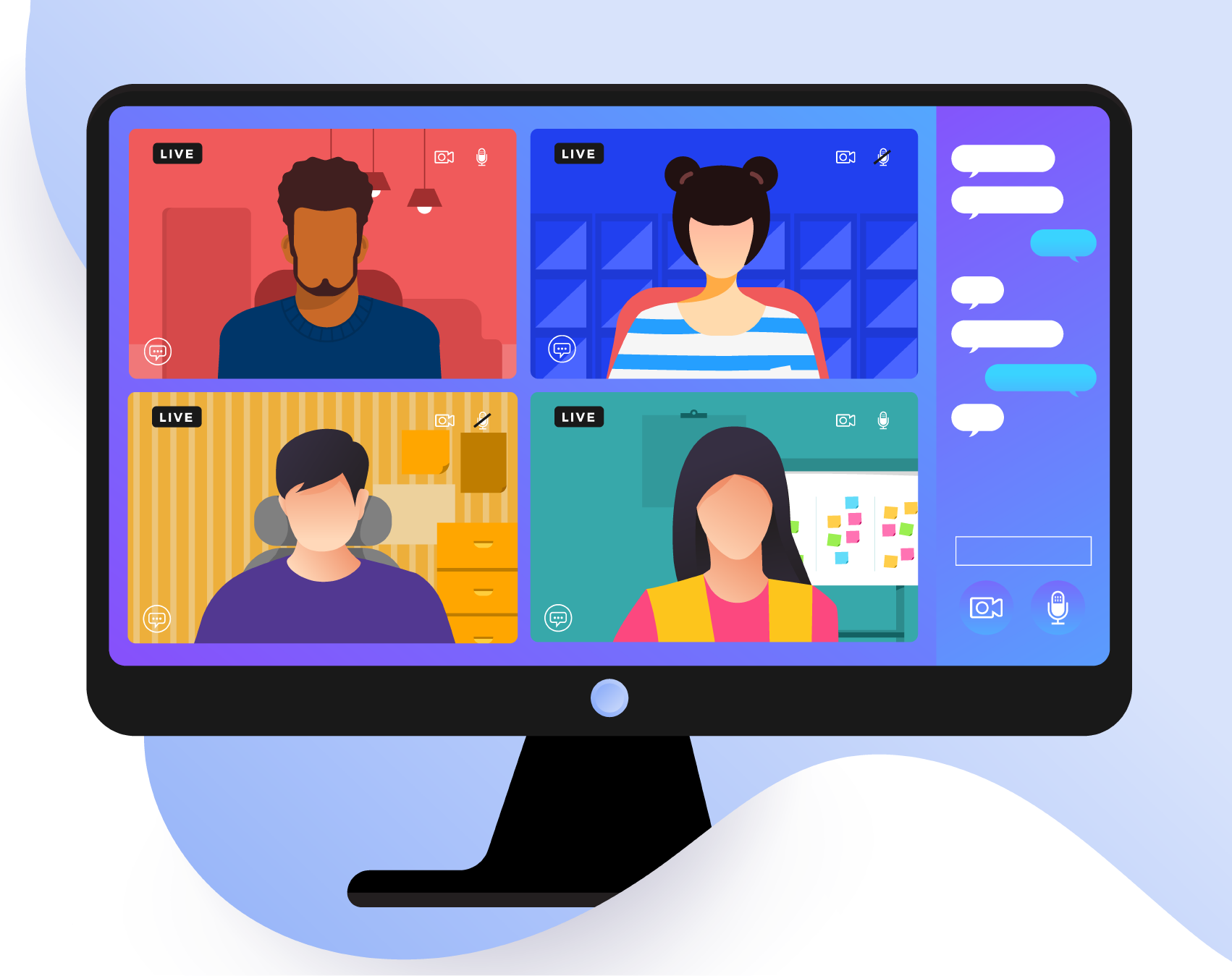
Zoom News
In Zoom News, this week there are some minor updates the Zoom software, but nothing that affects the typical classroom environment. The full listing of updates are available on the Zoom Website. As always, be sure to keep your Zoom software up to date.
To update your Zoom Application, check out these directions- https://support.zoom.us/hc/en-us/articles/201362233-Where-Do-I-Download-The-Latest-Version
Sharing Video in your Course
The transition to online has presented many challenges and opportunities, one of which is the need to include video content in your courses. When it comes to sharing video, the University through OIIT has provided us with several different tools, so how do you decide what is the best tool for the job?
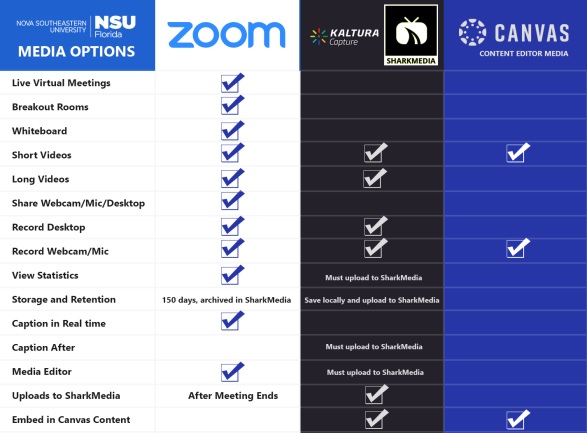 The chart above breaks down specific features and specifications for the variety of multimedia options available within the University. Your choice will likely depend on what you need to record for your scenario, and when or how you want to make it available to your students.
The chart above breaks down specific features and specifications for the variety of multimedia options available within the University. Your choice will likely depend on what you need to record for your scenario, and when or how you want to make it available to your students.
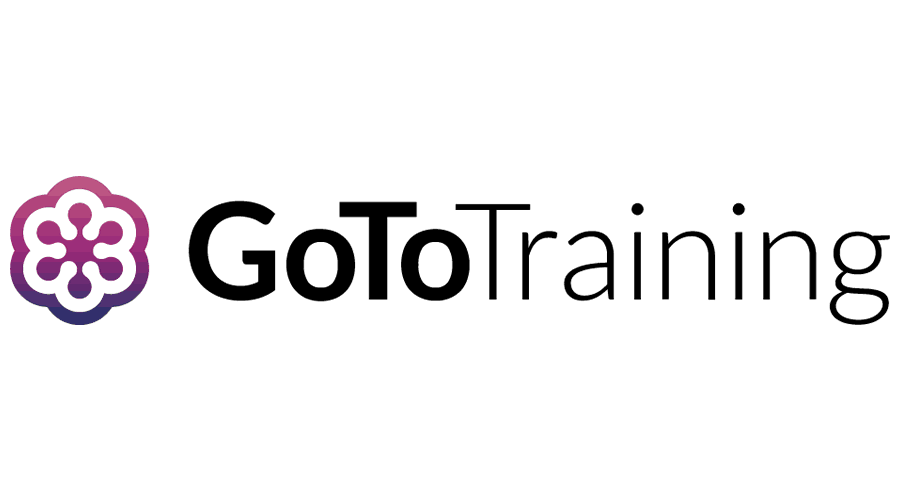
A Message about GoToTraining from OIIT
As the Office of Innovation and Information Technology (OIIT) has brought Zoom to our University, they too have begun to phase out GoToTraining. Please read the message below about access to GoToTraining and your access to recordings from prior sessions. Then check out the Workshop offering about how to archive your recordings just below.
As the Winter 2020 semester draws to a close, it’s important to remember that May 15th, 2020 marked the date when the GoToTraining integration was no longer available in Canvas. Currently, students do not have access to GoToTraining recordings in Canvas courses. If you wish to make your recordings available beyond the cutoff date, you will need to download them from GoToTraining’s website and place them in SharkMedia. Instructions on how to do so can be found here: Archive GoToTraining Recordings
As a licensed user, access to your GoToTraining account will continue to be available outside of Canvas until 6/30/2020. It will be your responsibility to download any additional recordings that you would like to keep before your account expires. If you need additional assistance you can call GoToTraining support toll-free at 1-833-851-8340.
For additional questions on this topic reach out to Larry Lettie (llettie@nova.edu) or Wendy Meyers (wendym@nova.edu).

Register for a Zoom Meeting for Education Webinar
These webinars are provided by Zoom.
Duration: 45 minutes
Prerequisites: An understanding of e-mail and video conferencing principles is helpful.
In this session you will learn:
1) How to download the Zoom applications and join a Zoom meeting;
2) How to schedule a meeting and send out invitations;
3) In-meeting controls and differentiation tools (including the waiting room, share screen, breakout rooms).
Time will be allocated at the end of the session for live Q&A.
Note: We will be delivering training using Zoom's Webinar platform. This will ensure your privacy during this webinar.
Additional Temporary Online Research Resources
In response to the transition to online learning, many publishers and other content providers are making additional resources freely available online for a limited time for students, teachers, and librarians. You may take advantage of these resources while they are temporarily available at no cost to you.

Faculty Development Channel on Sharkmedia
Through our partnerships with various colleges and departments, there have been several valuable workshops that were held which you may not have been able to attend. Check out our SharkMedia Channel to see recordings of past workshops such as:
Pre-Sorting Breakout Rooms in Zoom
Universal Design & Implementing Reasonable Teaching Adjustments- It Starts With Awareness
Using Zoom Polls and Creating Them In Advance
These workshops and additional video assets are all available in the LEC Faculty Development Channel.
Remote Help
Faculty and Staff who need assistance, please feel free to contact NSU Support:
Email to remotehelp@nova.edu.
Faculty & Staff Support Hotline at 954-262-0070
Submit a ticket for assistance through ServiceNow.Tags: LEC, Workshop

